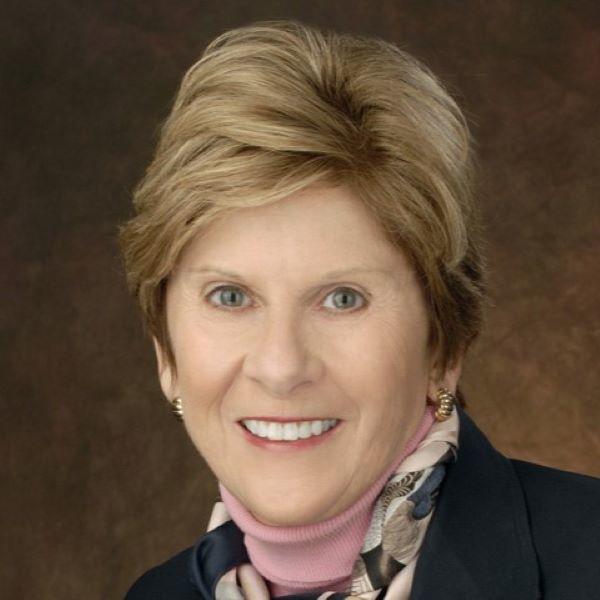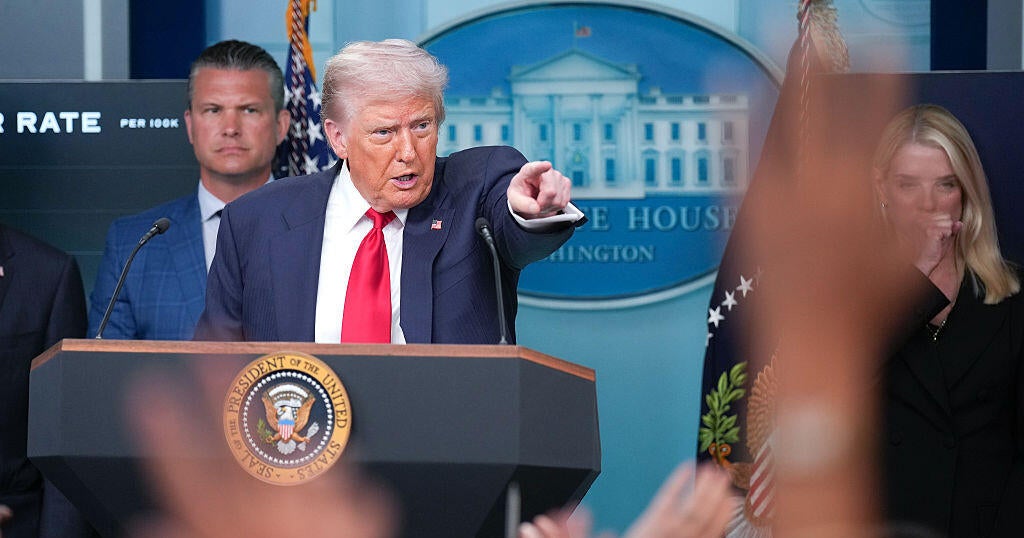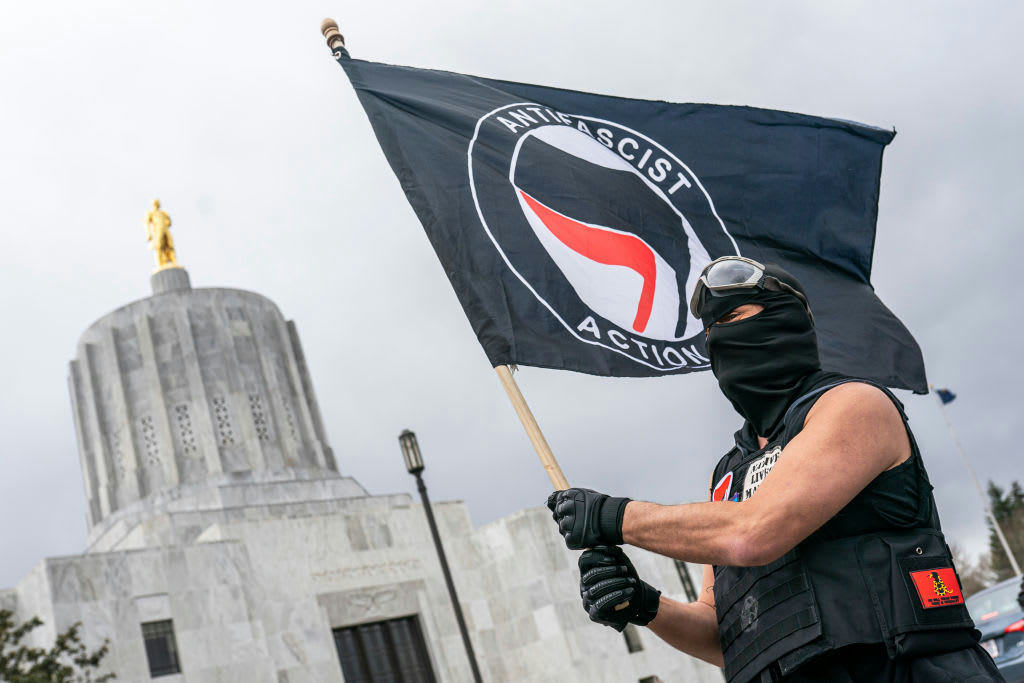Secret Service places at least 5 agents on leave in Trump assassination attempt probe
The U.S. Secret Service has placed at least five agents on leave, including the head of the Pittsburgh field office, as a result of its investigation into last month's assassination attempt against former President Donald Trump, according to multiple sources familiar with the matter.
One agent on Trump's detail and three others in the Pittsburgh office were among those placed on leave, according to two federal law enforcement sources. It's unclear if all of these actions are disciplinary, since agents are routinely placed on leave during the course of investigations for various reasons, including mental health relief.
The Secret Service's internal affairs division is continuing to investigate how a 20-year-old gunman was able to fire eight rounds from a rooftop near where Trump was speaking in Butler, Pennsylvania, on July 13, including one shot that grazed the Republican presidential nominee's ear.
Secret Service spokesman Anthony Guglielmi declined to confirm the agents were placed on leave, saying he would not comment on a personnel matter. But he said the service's "mission assurance review is progressing, and we are examining the processes, procedures and factors that led to this operational failure."
He added that the Secret Service "holds our personnel to the highest professional standards, and any identified and substantiated violations of policy will be investigated by the Office of Professional Responsibility for potential disciplinary action."
In terms of disciplinary measures, there are different levels corresponding with an official's alleged behavior. When Secret Service personnel are placed on administrative leave for disciplinary reasons, they still collect their paychecks and report to the office. They are typically assigned paperwork or other administrative duties instead of performing their normal day-to-day roles.
Beyond administrative leave, officials disciplined further may be granted a suspension or a suspension without pay, the latter of which typically also revokes their security clearance. That is not the case in this instance.
One man, Pennsylvania father and firefighter Corey Comperatore, was shot and killed at the Trump rally. Two other spectators were seriously injured. The gunman was killed by a Secret Service sniper who was positioned behind the stage where Trump was speaking.
Kimberly Cheatle, the director of the Secret Service at the time, faced blistering questions from members of Congress in the aftermath. She eventually resigned after declining to provide specifics about the investigation into the shooting and the service's response. She was replaced by Acting Director Ronald Rowe, who told senators he was "ashamed" of the assassination attempt and vowed to investigate the failures that allowed the gunman to open fire.
Congress is also investigating the incident and the Secret Service's handling of the rally. The House has assembled a task force on the assassination attempt, and senators have demanded swaths of records from federal, state and local law enforcement agencies. Members of relevant congressional committees — beginning with the Senate Committee on Homeland Security and Governmental Affairs — have been briefed on the actions by the U.S. Secret Service.
Trump held his first outdoor rally since the shooting this week, where he was surrounded by bulletproof glass as a security precaution.







